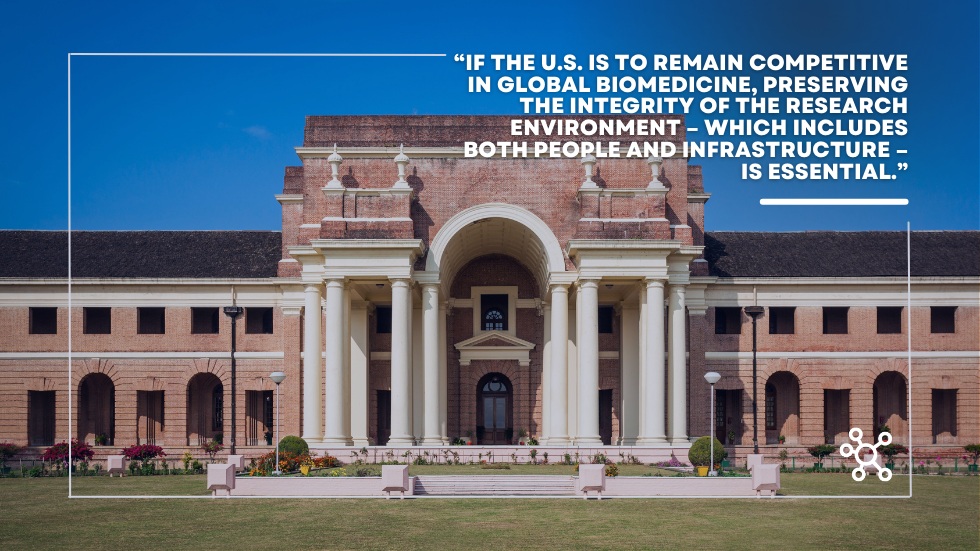Author: Cliff Mintz
There are countless interview question anecdotes and horror stories on the Internet. Moreover, urban legend suggests that jobseekers should expect to be asked “off-the-wall” or ridiculous questions during face-to-face job interviews. While this may occur during some interviews, generally speaking, interviewer questions are usually carefully crafted and intentionally designed to offer insights into a prospective employee’s capabilities and future on-the-job performance. To that point, it is important to point out that an invitation to participate in a face-to-face interview typically means that a job candidate possesses the requisite knowledge and technical skills to perform a particular job function. That said, the real intent of a face-to-face interview is to determine whether a prospective job candidate has the personality/ temperament to fit in and excel in an organization’s existing work environment or culture. Therefore, it is imperative that job candidates anticipate and prepare for possible interview questions before taking part in face-to-face job interviews.
Although it is difficult to pinpoint exactly which questions will be asked during face-to-face interviews, jobseekers are likely to be asked some variations of the following questions.
1. Describe how you overcame a particularly disappointing time in your life
2. What are your greatest achievements?
3. Why are you looking for a new job?
4. Why are you interested in this company and not our competitors?
5. What are your strengths?
6. What are your weaknesses?
7. What can you offer this company/organization?
8. Where do you see yourself professionally in five years?
It is apparent that none of these questions has anything to do with a prospective employee’s technical or job-related competencies or capabilities. They are intentionally designed and asked to help to gauge a jobseeker’s self awareness, interpersonal communication skills and the ability to think quickly on his/her feet. While some job seekers may not take these questions seriously—usually those who don’t get job offers—appropriate responses to them could mean the difference between a job offer and unemployment. Therefore, it is vitally important for jobseekers to carefully think about possible responses to these questions before upcoming face-to-face interviews. To that end, it is not unreasonable to write or “script” appropriate responses to these questions in advance of scheduled interviews. While this may seem unreasonable or overly excessive to some job seekers, experienced hiring managers can easily determine a job candidate’s level of interest in a particular job based on his/her answers to these questions.
It is important to point out that there is no “right” or “wrong” answer to any of these questions. However, it is important to be selective with the responses that are offered—especially when asked about weaknesses. For example, a would-be customer service representative may recognize that he/she—like many other customer service representatives—has trouble dealing with unhappy or angry customers. Because dealing with unhappy or angry customers is part of a customer service representative’s job, it is probably not a good idea to mention it when asked about possible weaknesses. Instead, choose a weakness that can possibly be viewed as a strength related to a particular job. For example, while being a “pushy” person may be off-putting or viewed as a weakness by many, it may be a highly desirable trait for salespersons. In other words, be selective and strategic when identifying possible weaknesses to hiring managers. More important, be certain to identify possible weaknesses that are work related rather than personal in nature.
Further, when answering interview questions, be careful not to divulge more information than is necessary or required. Answer questions as openly and honestly as possible but keep responses short, to the point and do not overly embellish or improvise responses. Job candidates who improvise responses generally do not know the answer to a question and tend to drone on to cover up their lack of knowledge. If you don’t know an answer or cannot think of a good response to a question, sometimes it is better to say “I don’t know” or ask the interviewer for help with the question. Asking for help, signals to the interviewer that a job candidate, if hired, would not hesitate to ask his/her superior for help to solve a potentially deleterious or pressing problem for the organization.
Although most of the questions asked during a face-to-face interview are asked by an interviewer, job candidates are expected to have questions too! This shows a prospective employer that a candidate has prepared for the interview and is seriously interested in the company or organization that he/she may join. By asking questions, job candidates let interviewers know that they have done their “homework” and would likely entertain a job offer if proffered by the company or organization.
Finally, there is universal agreement among recruiters and career development professionals that being prepared for face-to-face interviews helps to reduce stress, improves interview performance and increases the likelihood of job offers!




